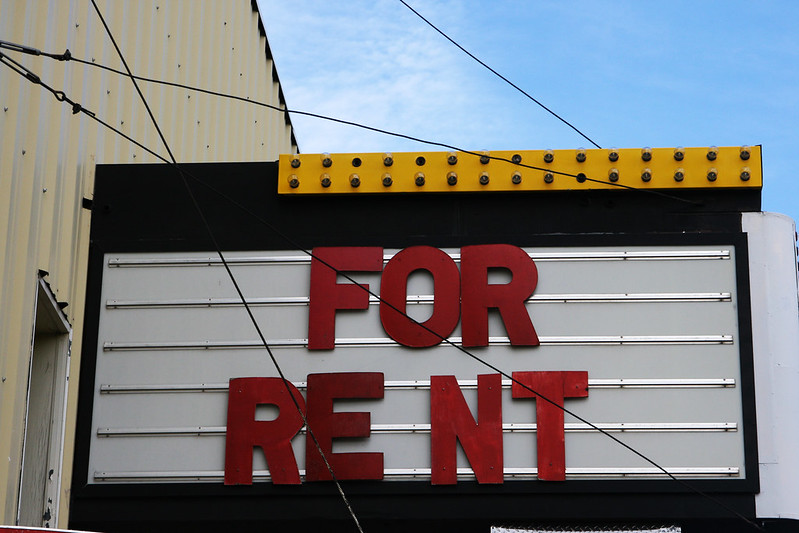
Rent is falling in Los Angeles, especially when it comes to buildings at the top end of the market.
According to the Los Angeles Times citing data from CoStar, the average rent at Class A properties has dropped 4.3% since March. Class A buildings are your fancier options that come replete with luxury amenities like pools, fitness centers, and rooftop patios. Comparatively, Class B properties have dropped 2% and Class C properties decreased 0.2%.
Apparently, this is pretty common in an economic downtown, such as the one we’re currently in due to the pandemic, as fewer people can afford top tier properties to begin with. This is especially true in L.A., where even lower-cost properties are beyond a reasonable reach for some. The most recent Greater Los Angeles Homeless Count found that you’d need to make 2.8 times the minimum wage to afford the average L.A. rent.
Also, L.A. developers have continued to build high-end housing despite a need for affordable housing because they’re more profitable. Now, however, those units sit vacant and owners are forced to drop the prices in an attempt to fill them.
A June report from Los Angeles Housing + Community Investment Development (HCIDLA) estimated a vacancy rate of 6 to 7%, or 85,000 to 100,000 empty units, in L.A. HCIDLA found that many of those units were higher-end, 4- or 5- star units while mid- and low-end units have a much lower vacancy rate. Neighborhoods that have a lot of these new, luxury units have higher vacancy rates than other parts of the city. Per the Times report, rents are also dropping in these neighborhoods—particularly in DTLA and Mid-Wilshire. That may be because the walkability and nightlife scenes meant to lure tenants aren’t so appealing during a pandemic when nearly everything is closed.
Rent costs for Class B and Class C properties typically occur later in a recession, but that could occur alongside devastating consequences for the many households—365,000, according to a study from UCLA Luskin Institute on Inequality and Democracy—that may face evictions when statewide rent protections end.
Councilmember Gil Cedillo recently introduced a motion that would allow the city to rent vacant Airbnb units from their hosts and rent them to low- to moderate-income tenants. This could be a win-win for tenants who get affordable housing and Airbnb hosts whose properties are sitting empty due to the pandemic, as they could at least make some money while letting the city do all the work.


